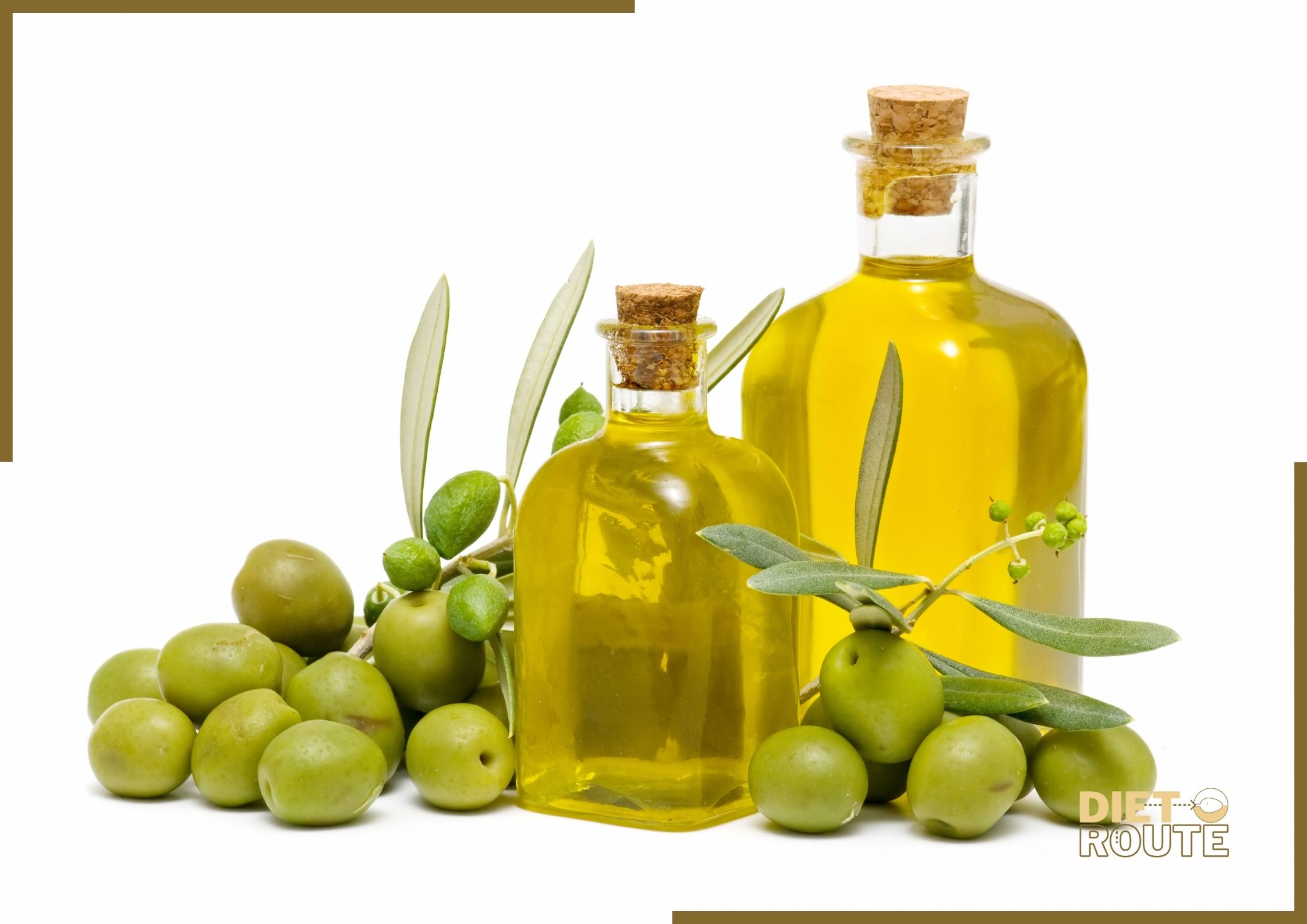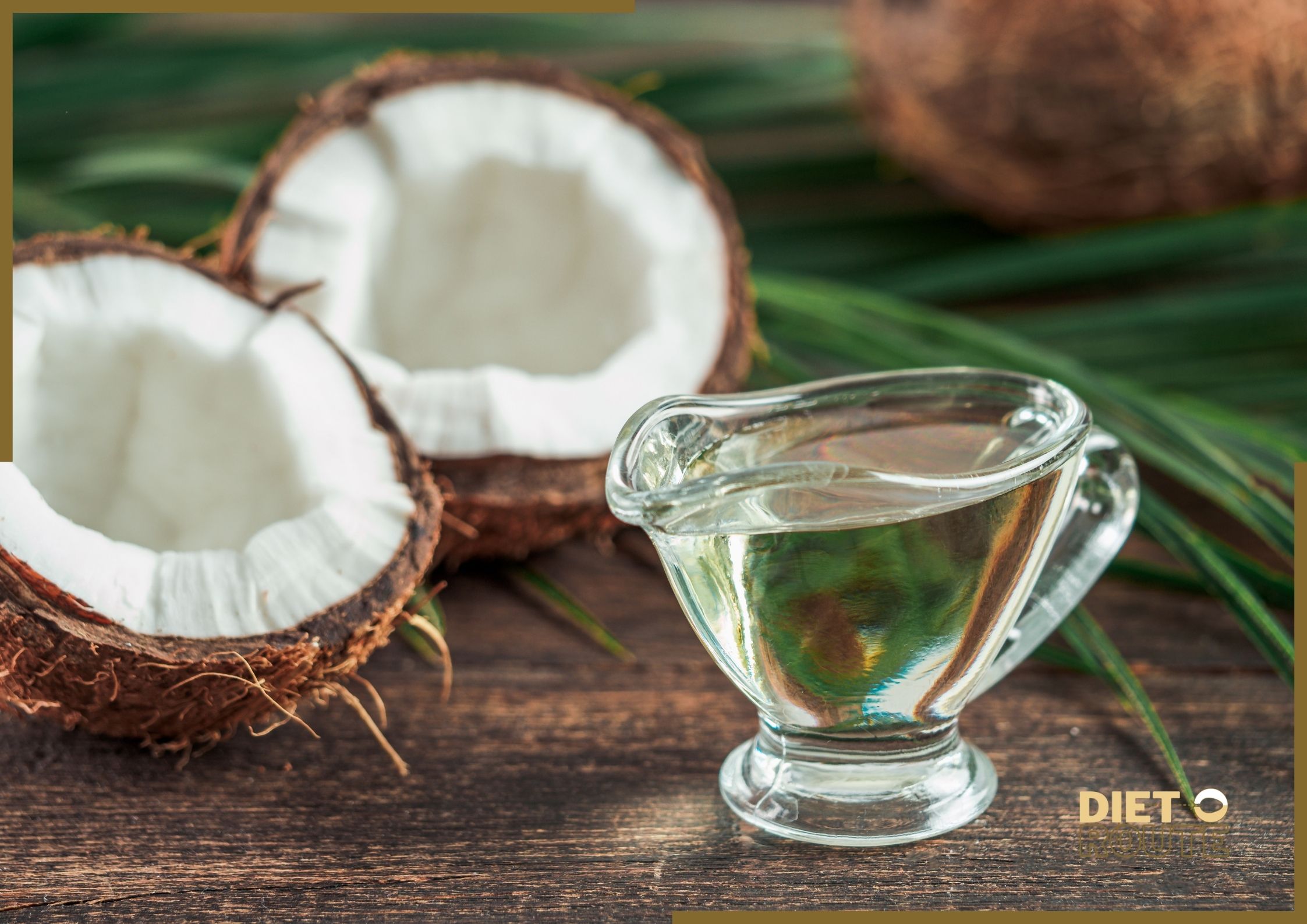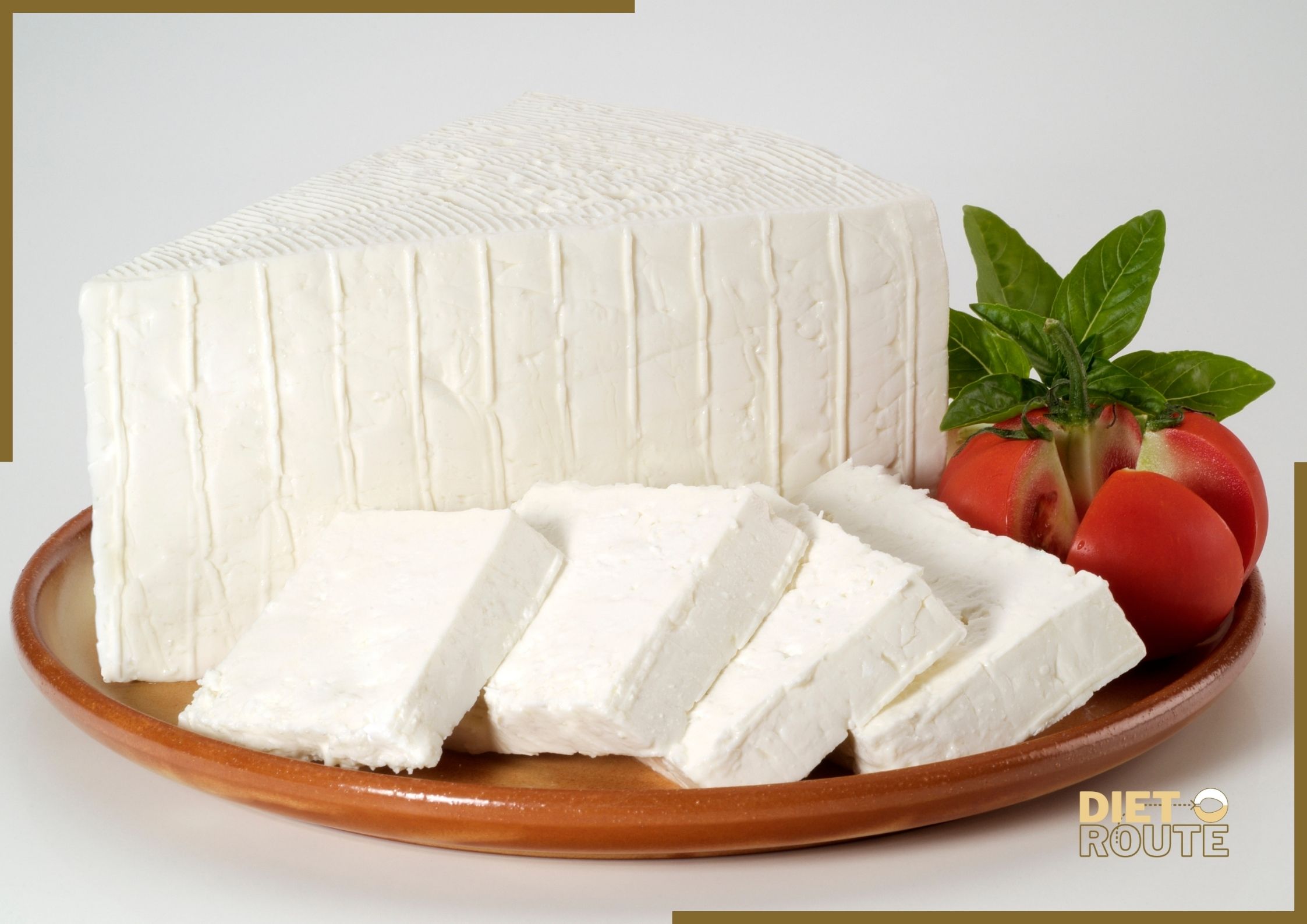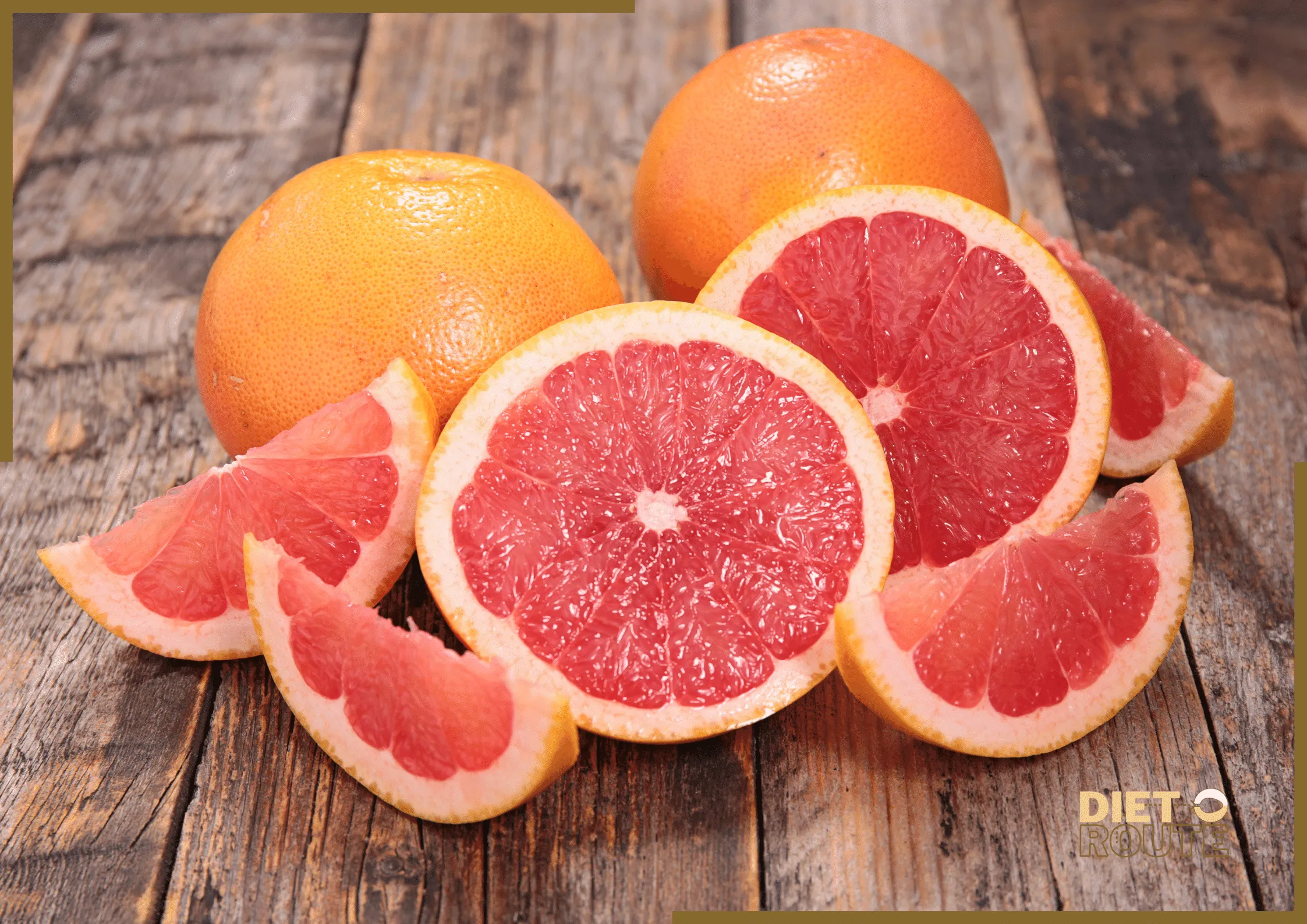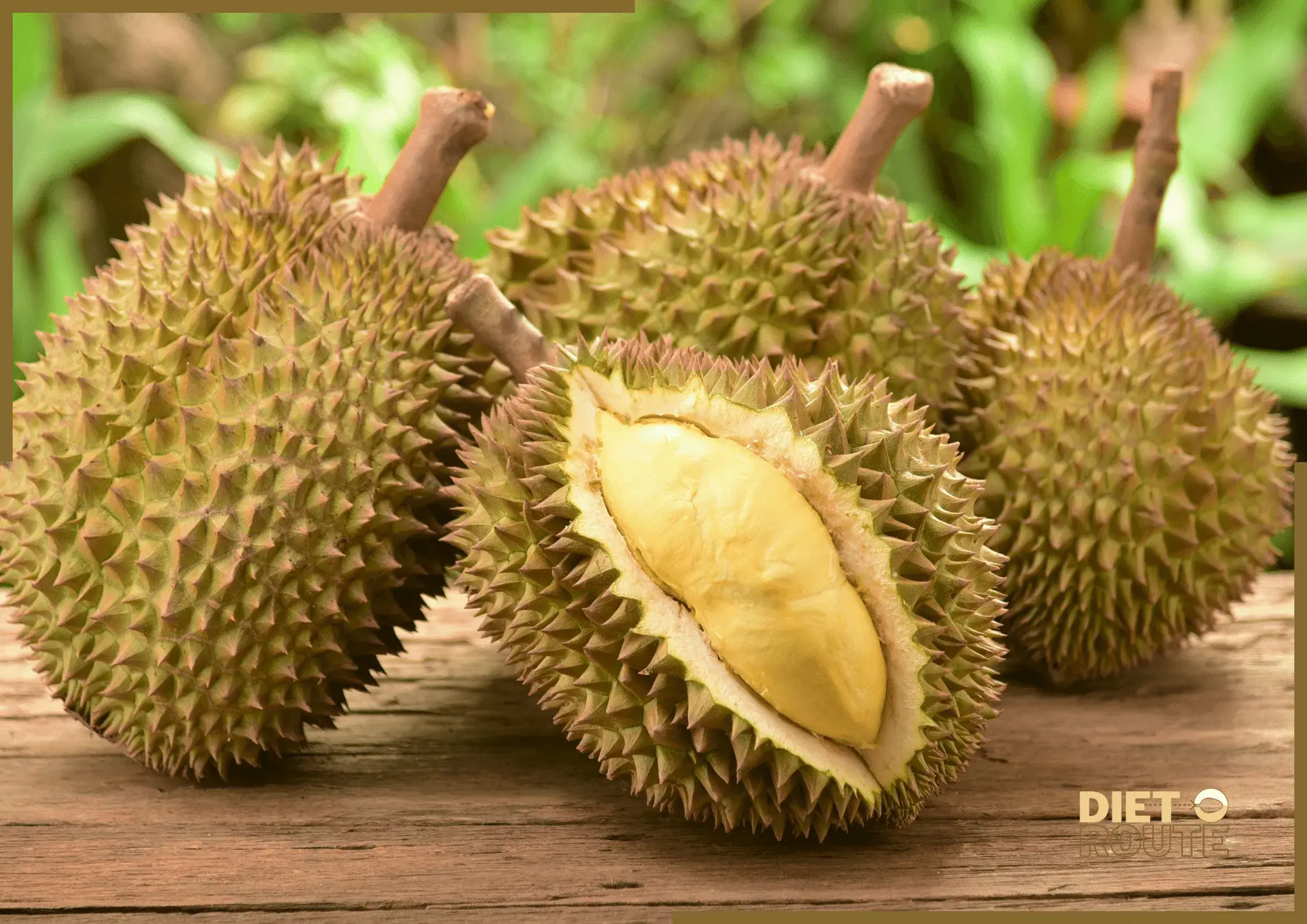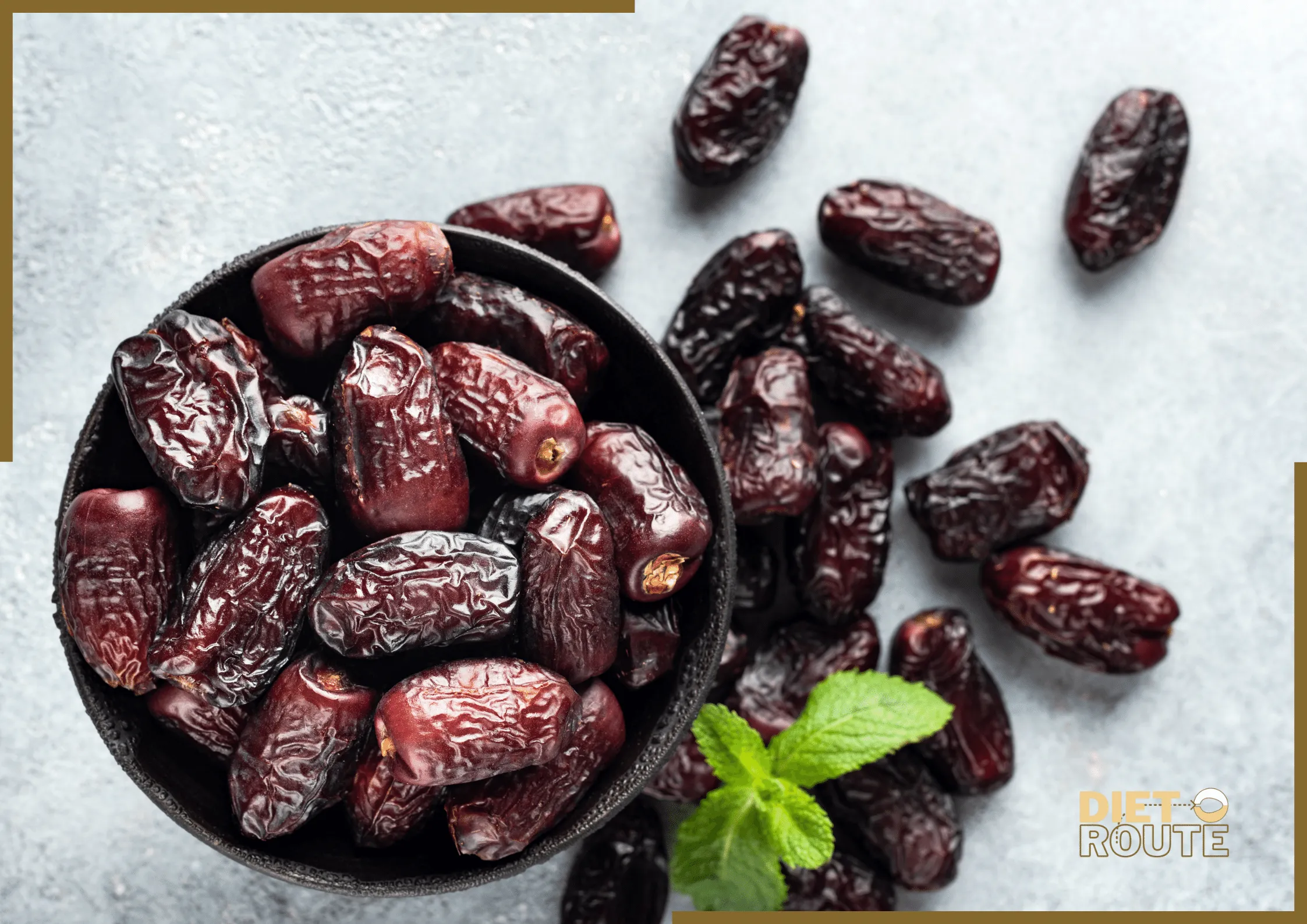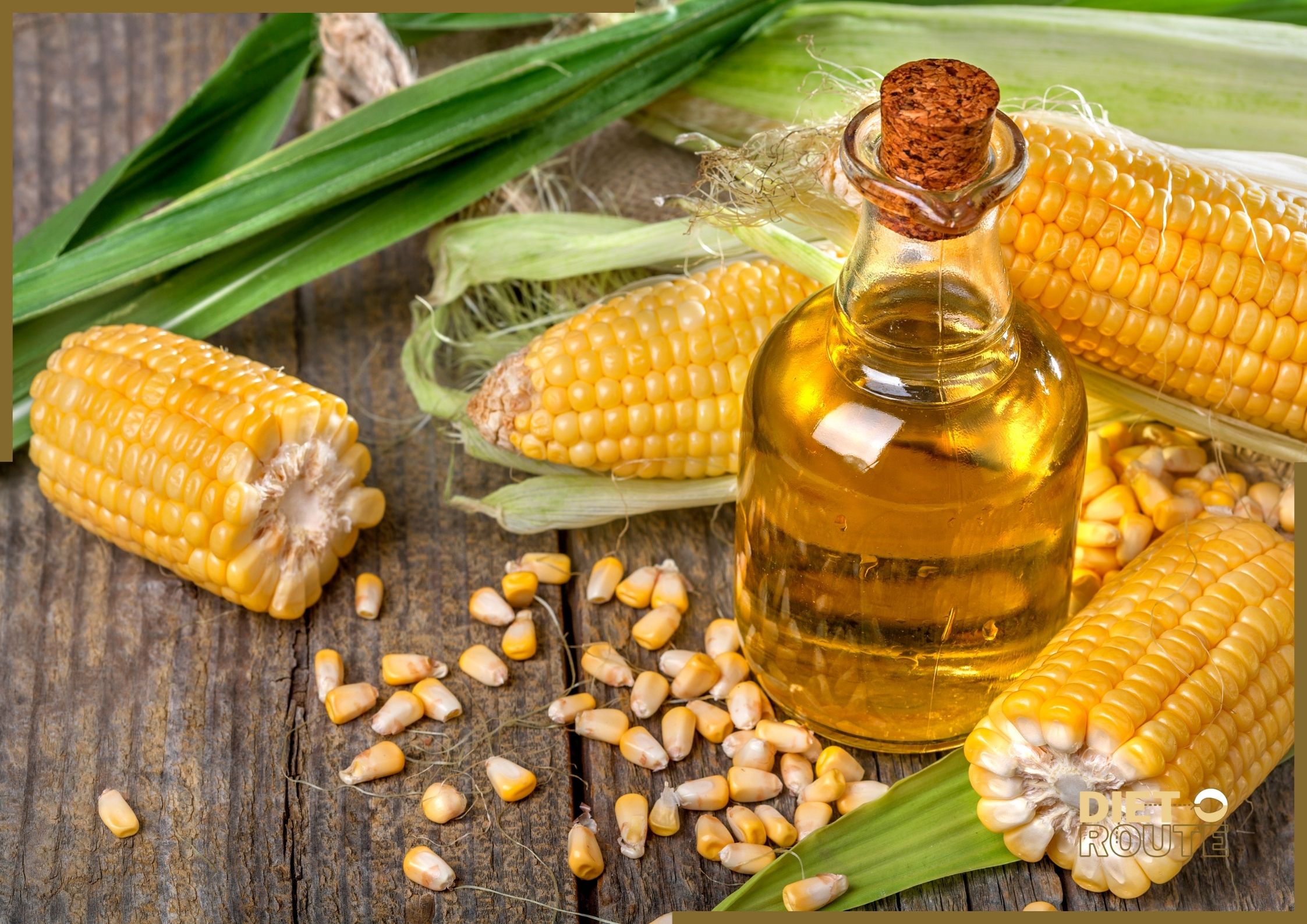Table of Contents
Introduction
Olive oil is a popular and well-liked food oil that is known for being healthy and useful in many ways. In this article, we’ll talk about the nutritional value, including its essential nutrients. We’ll also give you a table showing its nutritional profile per 100g, talk about the pros and cons, answer some frequently asked questions, and explain how it fits into a healthy diet.
Nutritional Value Approximately 100ml
| Nutrient | Amount Per Serving (1 tablespoon) | % Daily Value |
|---|---|---|
| Calories | 119 | 6% |
| Total Fat | 14g | 18% |
| – Saturated Fat | 2g | 10% |
| – Trans Fat | 0g | |
| Monounsaturated Fat | 10g | |
| Polyunsaturated Fat | 2g | |
| Cholesterol | 0mg | 0% |
| Sodium | 0mg | 0% |
| Total Carbohydrates | 0g | 0% |
| – Dietary Fiber | 0g | 0% |
| – Sugars | 0g | |
| Protein | 0g | 0% |
| Vitamin E | 1.9mg | 13% |
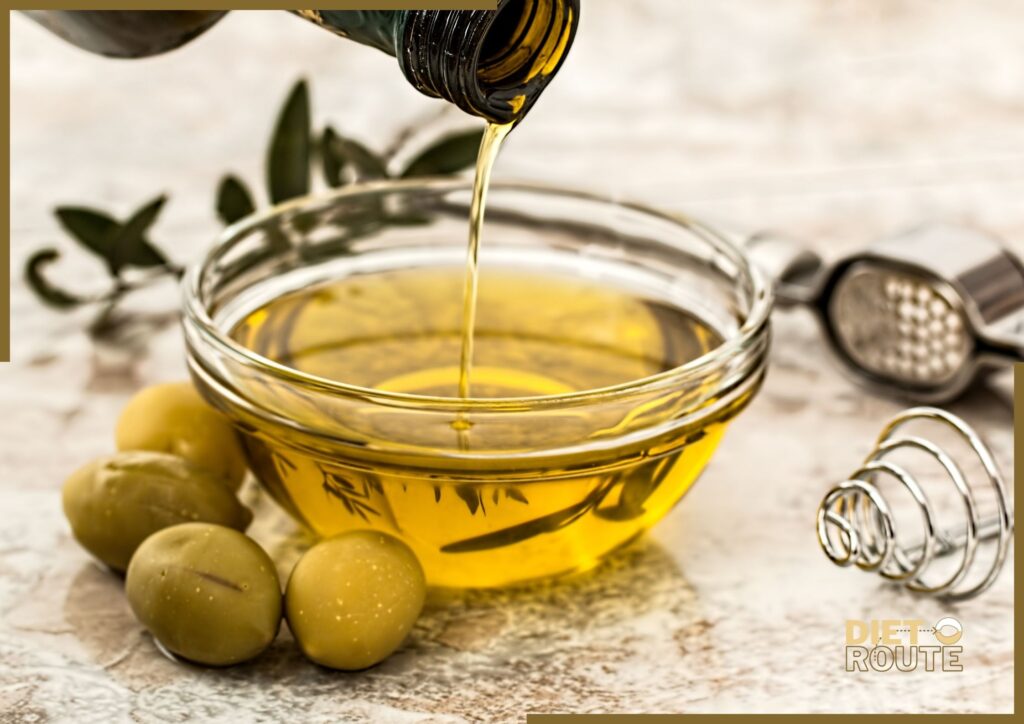
Pros
1. Heart-Healthy Fat:
It contains a lot of monounsaturated fats, which are good for your heart health and may lower your risk of heart disease.
2. Antioxidant Properties:
It has strong antioxidants like vitamin E that help protect the body from oxidative stress and inflammation.
3. Versatile:
It is a versatile culinary ingredient that can be used in cooking, salad dressings, and as a flavor enhancer in a variety of foods, giving them a pleasant flavor and aroma.
4. Source of Vitamin E:
It is a natural source of vitamin E, which is an important nutrient that helps the immune system work and acts as an antioxidant in the body.
Cons:
1. Not Suitable for High-Heat Cooking:
Extra virgin olive oil has a lower burn point than other cooking oils, making it less suitable for high-heat cooking.
Frequently Asked Questions (FAQ)
1. Is olive oil suitable for frying?
It can be used for low- to medium-heat cooking, but its smoke point makes it unsuitable for deep-frying and high-heat cooking.
2. How is extra virgin olive oil different from normal olive oil?
Extra virgin olive oil is the best quality and least refined type of oil. Regular ones goes through more refining steps.
3. Can olive oil be used in baking as a butter substitute?
In some baking recipes, olive oil can be used as a substitute for butter, but it might change the way the finished product feels and tastes.
4. Is there fat in olive oil?
It has no cholesterol, making it a heart healthy choice.
5. How should olive oil be stored?
To maintain its quality, it should be stored in a cool, dark place that is out of direct sunlight and away from heat.
6. Can olive oil help reduce cholesterol?
Consuming as part of a healthy diet and leading a balanced lifestyle may help maintain healthy cholesterol levels.
7. Can olive oil be used to make dressings for salads?
It is often used instead of other oils or creamy dressings in salad dressings because it is better.
8. Could olive oil be good for your health in some way?
It has been linked to a number of health benefits, such as reducing inflammation, making the heart healthier, and helping the brain work better.
9. If you follow a vegetarian or vegan diet, is olive oil suitable?
It is suitable for both vegetarian and vegan diets because it comes from olives and does not contain any animal products.
10. Can olive oil be consumed by individuals with nut allergies?
Individuals with nut allergies can consume olive oil. Because it does not contain nuts, it is usually safe for individuals who are allergic to nuts. But you should always be careful, and if you have allergies or other health issues, you should talk to a medical professional.
In a Nut Shell
Olive oil has many health benefits, such as heart-healthy fats, enzymes, and vitamins that your body needs. It can be a useful addition to a healthy diet when consumed in moderation. But it’s important to be aware of how many calories it has and to use the right cooking techniques. Include it in your cooking to take advantage of its health benefits and maintain a well-rounded approach to your general nutrition.
